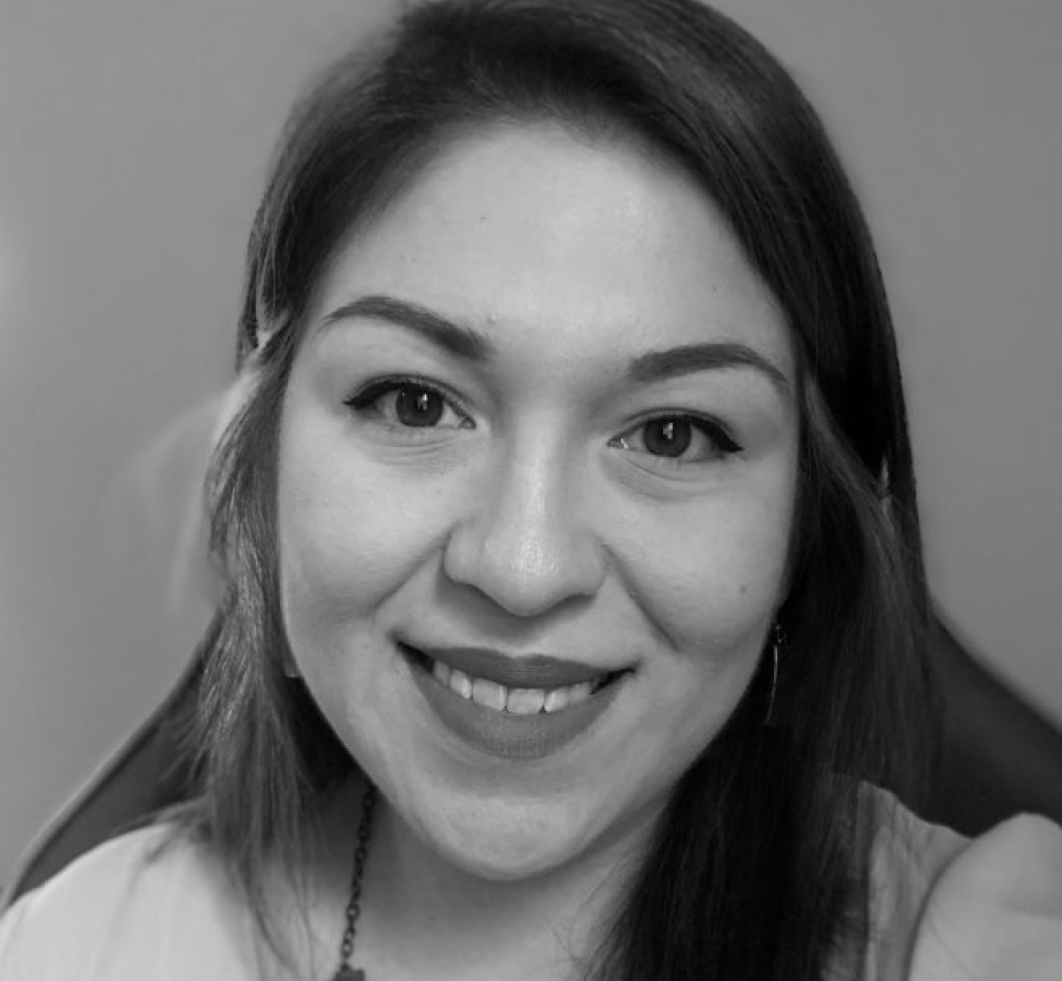Diabetes Organizations For Underserved Communities
Written by: Liz Cambron-Kopco
5 minute read
March 28, 2023
Editor’s Note: People who take insulin require consistently affordable and predictable sources of insulin at all times. If you or a loved one are struggling to afford or access insulin, visit GetInsulin.org.
Diabetes disproportionately impacts racial and ethnic minorities and low-income adult populations in the U.S. Marginalized and underserved communities like the Black, Latinx, Asian American and Pacific Islanders, disabled and LQBTQ+ communities may struggle to receive the education and resources they deserve due to unique barriers they face.
Barriers may include a lack of culturally-sensitive providers, living in food deserts, being uninsured or underinsured, overall lack of diabetes management support and lack of accessible and affordable healthcare and technology—like continuous glucose monitors (CGM).
Regardless of gender, race, education or socioeconomic background, everyone with diabetes deserves access to affordable resources and services they need. If you are a person from an underserved community that lives with diabetes, use this directory to find organizations to get tools and support.
Diabetes organizations for many communities
American Diabetes Association provides online educational resources, news updates, culturally-inclusive recipes and search tools to help you find local resources and tools.
The Association of Diabetes Care & Education Specialists provides online educational resources on all types of diabetes and has a search tool for finding local services.
Blue Circle Health* is a nonprofit type 1 diabetes clinic providing medical care and support at no cost for people in under-resourced communities. *Currently, it is only available in Florida.
diaTribe is an online publication that provides educational resources, from news to drugs to devices. diaTribe is a great resource hub for learning about diabetes management and advocacy.
Diversity in Diabetes is a nonprofit that provides educational resources while raising awareness around racial and ethnic health disparities.
The Juvenile Diabetes Research Foundation (JDRF) provides educational resources, support groups, programs and information on joining clinical trials for children and adults with type 1 diabetes.
Insulin For Life (IFL) is a registered charity that provides insulin and diabetes management supplies free of charge in emergency situations like natural disasters to those with diabetes who otherwise would go without these life-saving resources. *Only works with clinics so you would need to ask your clinic if they work with IFL.
Migrant Clinicians Network raises awareness around migrant health disparities. Their cost-effective virtual case management program, Health Network, provides ongoing health support for migrants to find care at their next destination. Enrolling in the program requires a clinic to enroll you.
Diabetes organizations for Black communities
African-American Diabetes Association is a nonprofit that aims to educate African Americans about diabetes risks and management while mobilizing bold, inclusive action through advocacy.
Black Women’s Health Imperative (BWHI) is the first national nonprofit dedicated to achieving health equity for Black women in America. BWHI provides online resources on diabetes management and stigma.
BlackDoctor.org (BDO) connects wellness and culture to provide culturally relevant resources surrounding health. BDO has a search tool to find a culturally sensitive doctor.
Center for Black Health and Equity is a national nonprofit facilitating public health programs and services that benefit communities and people of African descent. Although diabetes is not at the center of the organization’s mission, people with diabetes will find many applicable resources about overall health through the nonprofit.
Diabetes organizations for Latinx communities
The Association of Diabetes Care & Education Specialists provides online Spanish educational resources for people with all diabetes types.
The Joslin Diabetes Center Latinx Diabetes Initiative is a program in the Boston area that provides culturally appropriate care to Latinx people with diabetes.
Diabetes organizations for Asian American and Pacific Islander communities
The Joslin Diabetes Center’s Asian American Diabetes Initiative (AADI) provides multilingual educational resources on diabetes management. The team also created a guide on diabetes prevention and management.
Diabetes organizations for disabled communities
Centers for Disease Control and Prevention offers online diabetes educational resources and a list of diabetes projects and programs available for people with disabilities and diabetes. Although many focus on type 2 diabetes, information can still apply to those with type 1 diabetes.
Oregon Office on Disability and Health has online diabetes education resources for people with disabilities. Information also has a type 2 diabetes focus but can still apply to those with type 1.
National Center on Health, Physical Activity and Disability (NCHPAD) is a public health practice and health resource hub for people with disabilities. NCHPAD has educational resources on diabetes management while living with disabilities.
Diabetes organizations for LQBTQ+ communities
diaTribe: In addition to providing general resources that cater to different experiences, diaTribe also uniquely caters to LGBTQ+ communities, sharing personal stories and a broad selection of educational resources.
OutCare is a nonprofit and the nation’s first comprehensive resource for LGBTQ+ healthcare. You can use OutCare to search for gender-affirming providers to add to your diabetes health care team.
While not enough organizations cater to people with diabetes from underserved populations, the organizations mentioned above are helping to lay the groundwork and inspire necessary movement. Everyone with diabetes deserves access to the tools, resources, services and care they need to manage diabetes successfully.
If you know of any organizations that should be included in this directory, please contact us at [email protected].
Editor’s Note: Educational content about health equity and access is made possible with support from Abbott, makers of the Freestyle Libre 3 system, an active partner of Beyond Type 1 at the time of publication. Editorial control rests solely with Beyond Type 1.

Author
Liz Cambron-Kopco
Liz has been living with type 2 diabetes since 2014, but grew up surrounded by it as a first-generation Mexican-American. With a bug for research, Liz pursued a PhD in molecular biology and spent her early career studying insulin signaling in invertebrates to understand how insects’ tiny little bodies work. Along with advocating for women and girls in STEM, Liz shares her personal journey with diabetes on her social media platforms to help teach people to become their own advocates. Her passion for advocacy led her to join the Beyond Type 1 team. When she’s not advocating, Liz enjoys hiking... Read more
Related Resources

The holiday season is filled with celebrations, family gatherings, and plenty of holiday foods. No...
Read more

Managing diabetes is a complex and often overwhelming journey—even nine years after my daughter's diagnosis....
Read more

The holiday season is all about celebration, family, and joy—with a little chaos sprinkled in...
Read more

